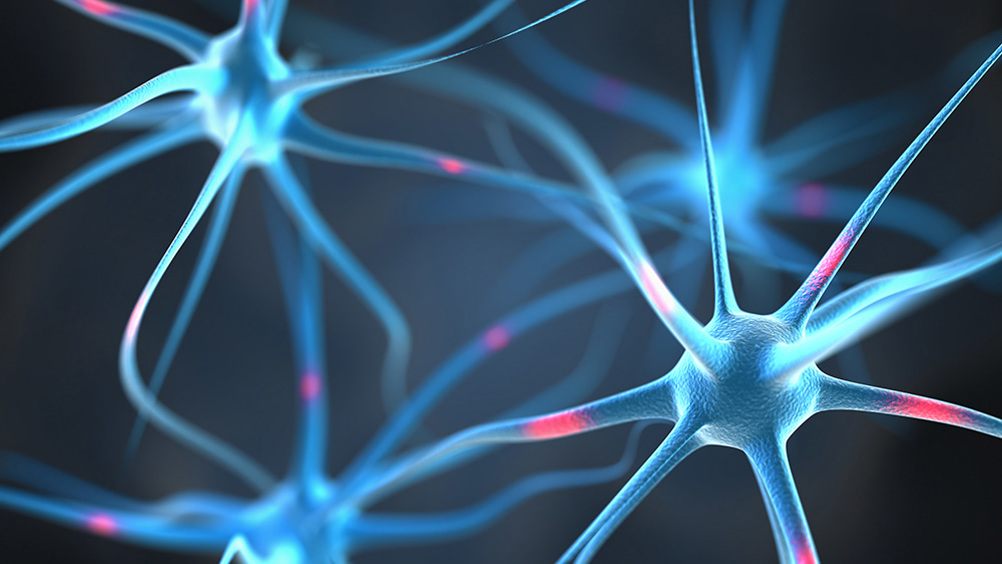The cognitive experience of a human being is not an isolated occurrence taking place solely in the brain. A person's unique physiological characteristics form part of an intricate, complex system that extends into, and is impacted by, their environment. In the nursing profession, several studies describe exhaustion and burnout, leading to such innovative wellbeing approaches as a healthy workplace toolkit (Royal College of Nursing, 2017). Additional research has suggested supportive work designs and scheduling interventions, to promote rest-time and offer pause for reflection (Peršolja, 2023).
An holistic self-identity
Gaining understanding of a person holistically, in relation to socio-positioning, life experiences, the impact of stressors on the multi-functional nervous system, as well as how they view themselves existentially, is not straightforward. It is challenging to enter a discussion in a therapeutic session based on multidimensional facets of a person's wellbeing. Additionally, the environment may not be conducive to a person making sense of reality. Technologies of various descriptions can play a critical role, where information and health management becomes available at the click of a button. Part of the NHS's priorities and operational planning guidance describes putting digital tools in place to support users with high-quality information, equipping them to take control of their health (NHS England, 2022). This offers nurses who might feel depleted the opportunity to actively work toward solutions instead of procrastination, possibly leading to further issues.
An emerging study called The Cognition Room will seek to address this, supporting an urgent NHS requirement to recruit more than 100 000 nurses, by ensuring the needs of those currently transitioning in and out of active service are fully met. A key focus of this innovative platform is to provide a rejuvenating, walk-in setting where nurses can access a range of virtual tools through immersive technology. The interactive content will specifically link to experiential identity-building based on mental health, physical health, wellbeing and mindfulness.
The importance of environment
The aesthetics of an environment play a key role in how a person behaves in any particular setting. The impact of the built environment on mental health is a neglected area (Liddicoat et al, 2020). Sui et al explored the effects of physical environments on individuals receiving mental health treatment, with views reflecting impact across dimensions including sensory elements, engagement, connection, affective experiences, feeling safe, calm and in control (Sui et al, 2023). This indicates ongoing studies could explore co-production of the design of mental healthcare environments, via direct input by service users.
A therapeutic approach
The Cognition Room study will begin with a scoping review and build towards demonstrating the validity of a proof-of-concept prototype, co-designed with up to 180 nursing professionals from all ranks, including up to 70 who have chosen to work within the Nursing and Midwifery Competence Test Centre (CTC) at Northumbria University. Of these, most have worked across acute services in senior clinical posts as nurses and midwives, where, for a variety of reasons, they have chosen to continue careers as examiners of overseas graduate nurses seeking to work in the NHS. Many have become weary of the constant demands of acute service delivery and as clinical staff have a wealth of knowledge and support the international nurse agenda. What an approach such as The Cognition Room represents, is an emerging way to reimagine healthcare support in a context of the UK's vital services. Here, nurses who might feel disillusioned with a lack of autonomy in one reality, can embody a space designed to nurture them back to restoring faith, starting with themselves.


